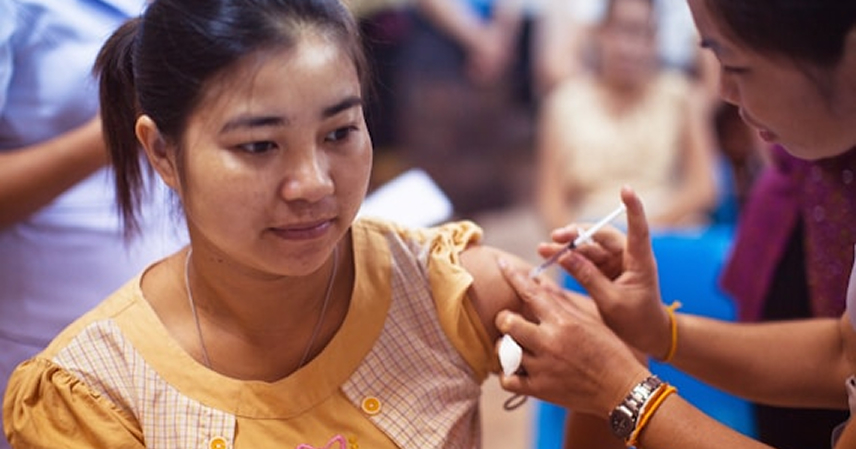When we discuss climate change, the conversation often revolves around environmental impacts like melting glaciers and rising sea levels. But the most profound and immediate consequences of our warming planet are not happening in distant ice fields; they are happening to our own bodies. Climate change is the single biggest global health threat of the 21st century.
This isn’t a future problem. It’s a current crisis that is reshaping our well-being in complex and often dangerous ways. Let’s explore how.
## The Direct Assault: Extreme Heat and Weather 🌡️
The most obvious impact of a warmer planet is the increased frequency and intensity of extreme weather events, which pose a direct threat to human life.
- Deadly Heatwaves: As global temperatures rise, heatwaves are becoming more common, longer-lasting, and more intense. Extreme heat is not just uncomfortable; it can be lethal. It leads to heatstroke, dehydration, and places immense strain on the cardiovascular system, disproportionately affecting the elderly, children, and those with pre-existing conditions.
- Catastrophic Storms and Floods: A warmer atmosphere holds more moisture, leading to more extreme rainfall, devastating floods, and more powerful hurricanes. These events cause immediate injuries and fatalities, destroy homes and infrastructure, and create long-term mental health trauma for survivors.
As climate change intensifies the threat of natural disasters, early warning systems are becoming more crucial for public health. Beyond weather, technology is also adapting to mitigate other geological threats, with a prime example being the Android earthquake alert system that leverages a global network of phones.
## The Invisible Invasion: Air, Water, and Disease 💨
Some of the most insidious health impacts of climate change are the ones we can’t easily see.
- Worsening Air Quality: Higher temperatures and stagnant air patterns can worsen ground-level ozone (smog), while drier conditions lead to more frequent and larger wildfires. Both events release harmful particulate matter into the air we breathe, triggering asthma, bronchitis, and other severe respiratory problems.
- The Spread of Vector-Borne Diseases: Warmer climates allow disease-carrying insects like mosquitoes and ticks to thrive in new regions and remain active for longer seasons. As a result, diseases like Dengue fever, West Nile virus, Zika, and Lyme disease are expanding their geographic range, appearing in places they were once unheard of.
- Contaminated Water: Increased flooding can overwhelm sanitation systems and contaminate drinking water supplies, leading to outbreaks of water-borne illnesses like cholera and dysentery.
## The Domino Effect: Food Security and Mental Well-being 🧠
The ripple effects of climate change extend to our food systems and our minds.
- Threats to Nutrition: Unpredictable weather patterns, prolonged droughts, and extreme heat disrupt agriculture, leading to crop failures and reduced yields. This threatens global food security, increases food prices, and can lead to malnutrition, especially in the world’s most vulnerable communities.
- The Mental Health Toll: The impact on our mental health is profound. Beyond the PTSD experienced by survivors of climate-related disasters, a growing number of people, particularly the young, are experiencing “eco-anxiety”—a chronic fear of environmental doom. The stress of losing a home, a livelihood, or a sense of security due to climate change is a significant public health concern.
## Conclusion
The health of our planet and the health of humanity are inextricably linked. Climate change is not a distant environmental problem but a present-day health crisis that affects every system in our body and every community on Earth. Addressing this challenge requires more than just environmental policy; it demands a public health response. Tackling the root causes of climate change is one of the most important preventative health measures we can take for ourselves and for future generations.



